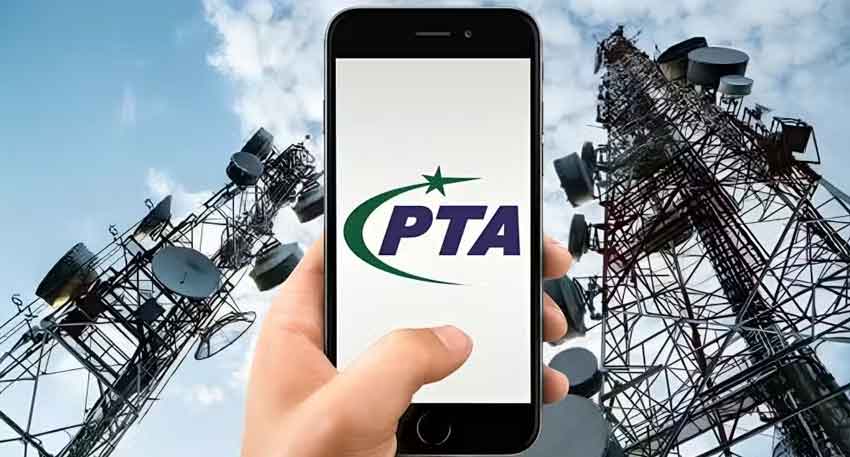
In a positive development for Pakistani consumers, the government has vowed to take strict action against hoarding, artificial shortages, and unjustified price hikes of essential food items.
In this respect, Deputy Prime Minister Ishaq Dar chaired a high-level meeting on Wednesday to review the supply and availability of key commodities, especially sugar. The meeting reflected the government’s serious concern about market manipulation and its impact on ordinary citizens.
Dar emphasized that ensuring the availability of essential goods at affordable prices remains one of the government’s top priorities. He directed all relevant authorities to fully implement the policy of providing essential items to the public at reasonable rates. This policy aims to maintain stability in the market and protect low-income groups from exploitation by profiteers.
The meeting was attended by several key figures, including the Minister for National Food Security Rana Tanveer Hussain, Special Assistant to the Prime Minister Tariq Bajwa, the Secretary of Industries and Production, a representative from the Federal Board of Revenue (FBR), the Director General of the Federal Investigation Agency (FIA), and delegates from the Pakistan Sugar Mills Association and provincial governments. Their collective presence shows a unified approach across institutions to manage the country’s food supply challenges effectively.
Read more: Going cashless in Pakistan: What it means for you and your wallet
Particular attention was given to the sugar market, where recent volatility has caused concern. Authorities were instructed to keep a close watch on the distribution and pricing of sugar and ensure that no artificial shortages or black-market operations influence its availability.
This move is seen as a timely intervention by the government amid growing pressure from rising inflation. With the involvement of high-level stakeholders and enforcement agencies, there is cautious optimism that these measures will lead to better market discipline, improved supply chain transparency, and ultimately relief for consumers.



